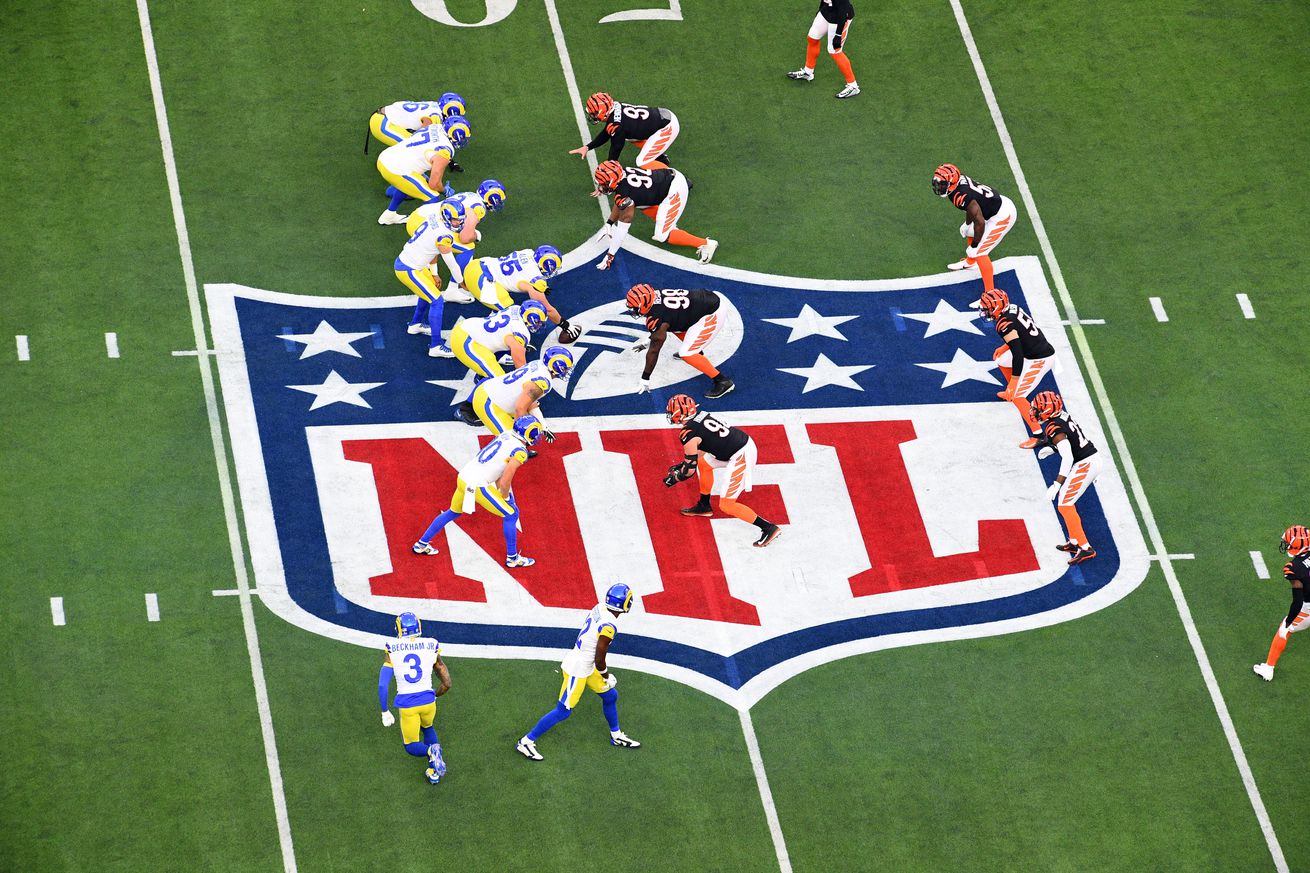
The National Football League will now allow teams to secure sponsorships with blockchain companies. However, it will still prohibit them from promoting specific cryptocurrencies and fan tokens, according to a report from CNBC. This reverses the NFL’s previous decision to bar teams from cryptocurrency sponsorships completely.
In an internal memo viewed by CNBC, the NFL says it will permit “promotional relationships without undertaking excessive regulator or brand risk,” which won’t include stadium signage. It also maintains that “clubs will continue to be prohibited from directly promoting cryptocurrency.”
Sponsorships between teams and blockchain companies can only last a maximum of three years for the sake of “flexibility,” Joe Ruggiero, the NFL’s head of consumer products, said in a statement to CNBC. This will prevent long-term deals, much like Crypto.com’s $700 million 20 year deal with the LA Staples Center, which is now known as the Crypto.com Arena. He also told the outlet that the league is considering selling its blockchain rights to a specific company.
While the rule change also lets teams advertise NFTs and the companies behind them, it won’t allow the use of official logos and other markings in any of the ads. It also blocks teams from “engaging in product licensing arrangements or sponsorships for NFTs or NFT companies.” It will allow the use of logos and direct sponsorships, however, if they’re “in connection with League-level NFT partnerships.” Last year, the NFL partnered with NFT company Dapper Labs, creating an entire market of NFTs made up of memorable moments from past games.
The NFL’s hesitancy towards backing specific cryptocurrencies and fan tokens is understandable. In December, the UK’s advertising regulator banned the Arsenal FC soccer team from promoting its own fan token for allegedly misleading fans about the risks associated with cryptocurrency. Not to mention that the CEO of the popular Socios exchange — where most of these fan tokens live — was accused of manipulating the value of the crypto used on the platform earlier this month.
“In this evolving regulatory environment, it remains essential that we proceed carefully when evaluating potential commercial opportunities involving blockchain technologies, and conduct appropriate diligence on all potential partners and their business models,” the memo adds. The NFL is set to meet with team owners on Saturday to discuss the changes to the rules surrounding the blockchain.
That said, the NFL hasn’t exactly been conservative when it comes to experimenting with NFTs and cryptocurrencies. The league attached commemorative NFTs to the tickets of some of its games last year and did it again for Super Bowl LVI. It also partnered with trading card company Panini to develop the league’s first NFT trading card packs.
And despite banning ads on cannabis, the Super Bowl did air a wildly popular Coinbase ad that crashed the crypto exchange’s app. NFL players have also dived into the crypto market, with Aaron Rodgers and Odell Beckham Jr. receiving a portion of their salary in crypto and the not-quite-retired Tom Brady creating his own NFT agency, called Autograph.
Source: The Verge